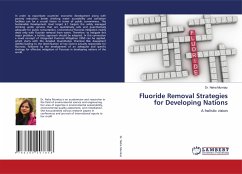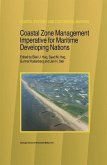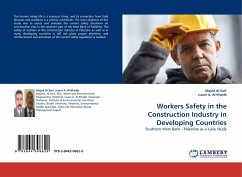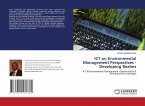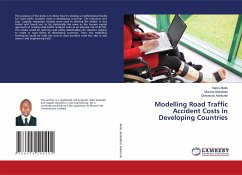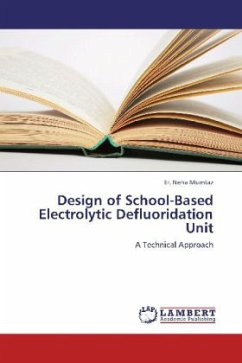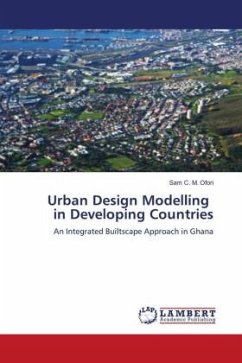In order to exacerbate countries' economic development along with poverty reduction, better drinking water accessibility and sanitation facilities can be a crucial factor in terms of public convenience. The Sustainable Development Goal target 6.1 targets the safely managed drinking water services that are qualitatively safe and quantitatively adequate for public consumption. Conventional fluorosis mitigation mainly deals only with fluoride removal from water. Therefore, to mitigate this major problem, a holistic approach should be adopted. In this connection a novel concept of Integrated Fluorosis Mitigation (IFM) can be applied, which starts with the detailed Quantitative Chemical Risk Assessment (QCRA) leading to the identification of key factors actually responsible for fluorosis, followed by the development of an adequate and specific strategy for effective mitigation of fluorosis in developing nations of the world.
Bitte wählen Sie Ihr Anliegen aus.
Rechnungen
Retourenschein anfordern
Bestellstatus
Storno

